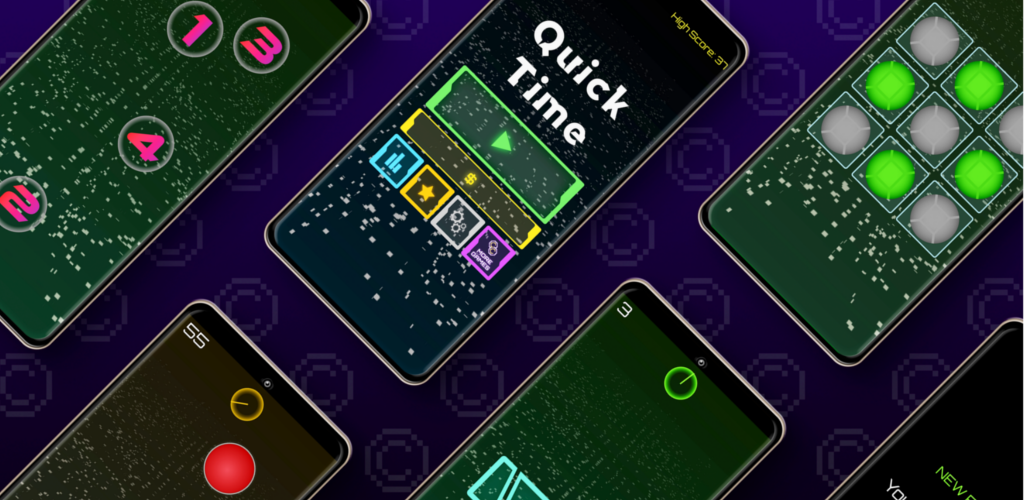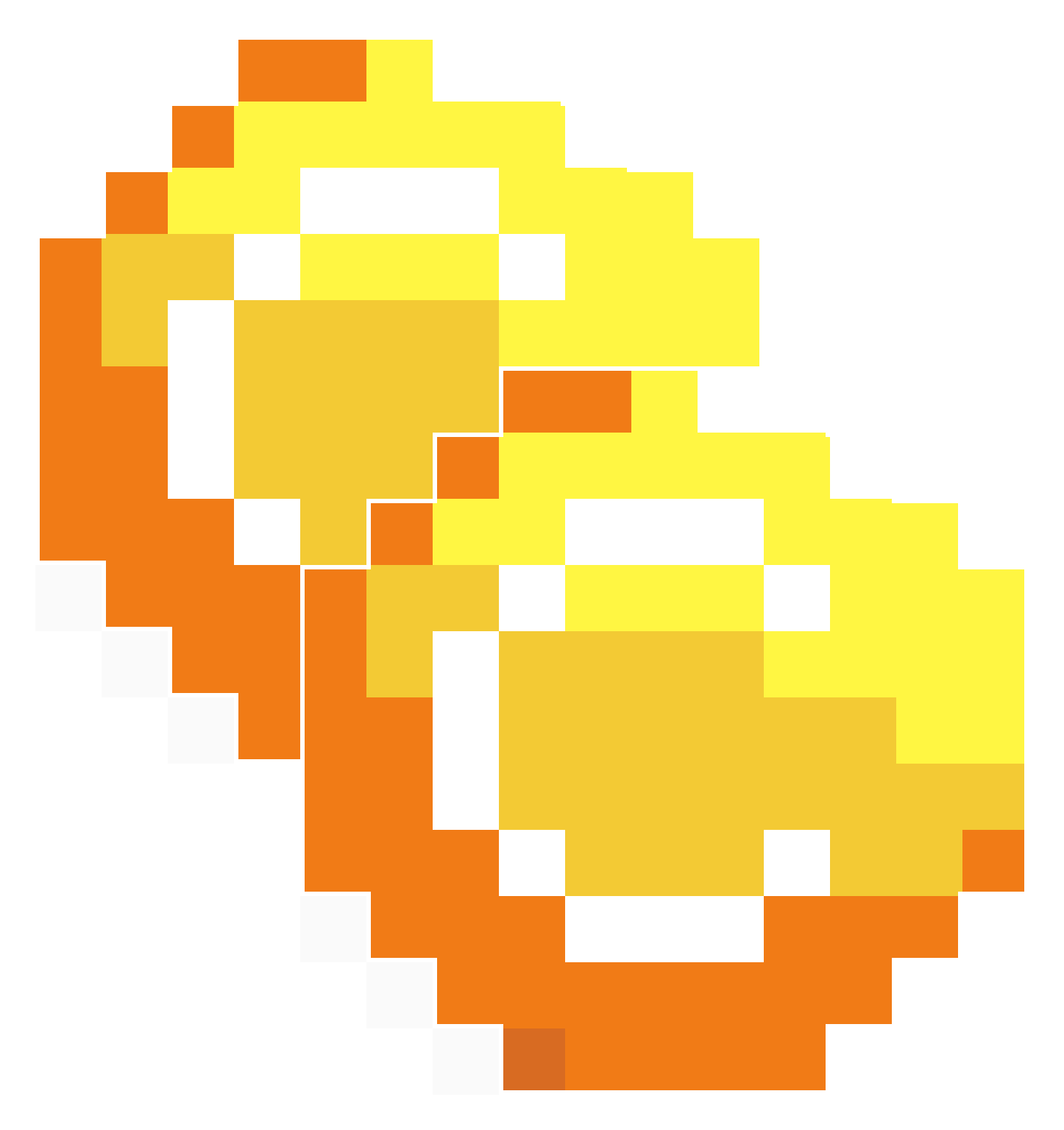Beating the Clock With Quick Time

It had been 4 months since the release of our first feature game, Dot Odyssey. We were gearing up to launch Color Blaster. A game geared for children to learn color science. The game was in its final stages of prototyping when we decided... we're overcomplicating this game. It's meant for children after all. Too many features would cause a whole lot of confusion. We decided to take a step back. That may have been the best step back we've made so far. My partner in crime and fellow co-founder, Sisi, told me that we should focus on one of the other apps while we figure out how to simplify Color Blaster.
And so, we began working on what is now Quick Time, our second featured game. Quick Time proved to us how quickly we can develop something simple, light, and most importantly fun to play. Throughout this development, we had spent countless nights just going back and forth and graphics, animation styles, UI/UX tweaks, and more. Just because this was a quick and easy game that's meant to hold a user in just one game mode for a prolonged period, doesn't mean that we should just throw any sort of graphic in there and call it a day.
Since the purpose of the game was user retention, UI elements and graphic elements are the most important parts of the game. That's what the user interacts with the most. They have to be intriguing enough but not too overbearing. At this time, I had been watching a lot of sci-fi movies (did someone say, Tron?). The futuristic and holographic art style was all up in my think tank. I used a lot of sci-fi influence when designing the graphics for this game.
Let's talk about bugs though. In the development stage, you expect bugs galore. However, with this game, we encountered maybe a total of 5 things wrong with the app? All of which were quite simple fixes. I would say the game has no bugs, but we all know one is going to appear one day, so knock on wood!
Simple and intuitive games like Quick Time remind all of us here at 2CCs of the flash games in our childhood that we would spend hours on end playing. We love playing games and we want others to love our games as much as we love making them. This is why we obsess so much over even the smallest details of every game that we attempt to bring to life.

